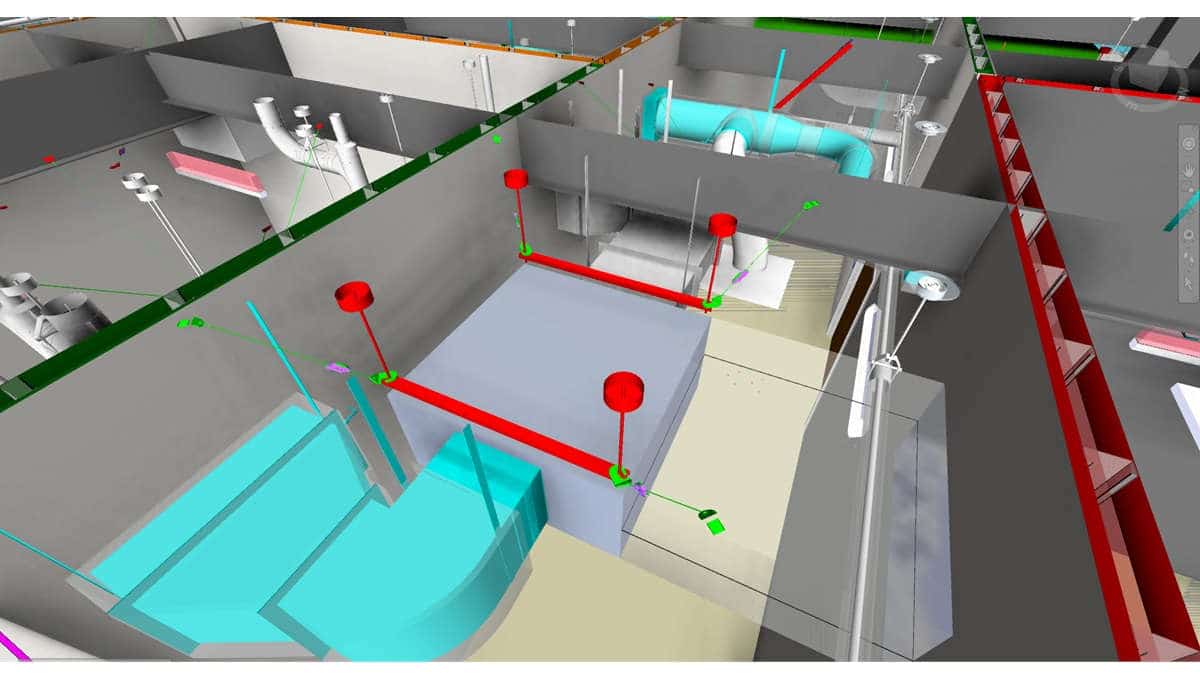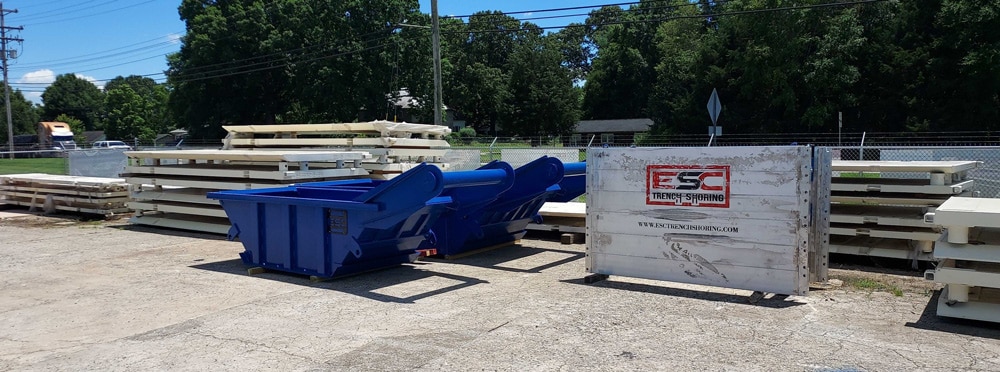Inside Core & Main
Utility Contractor discusses growth, milestones with CEO Mark Witkowski

In this article, Utility Contractor discusses the story of Core & Main with CEO Mark Witkowski. We cover the company’s journey, from its spin-off from HD Supply to its inclusion in the Fortune 500. Among the highlights are Core & Main’s family-oriented culture, commitment to service, and growth strategy, as well as its involvement with NUCA.
Utility Contractor: Tell us a little about your personal background: How did you become associated with Core & Main? What is it about the company that has kept you engaged for nearly 20 years?
Mark Witkowski: I joined this business in 2007—when it was still part of Home Depot and getting ready to spin off to become HD Supply. Before that, I’d worked for a large accounting and consulting firm for 10 years with a variety of clients in manufacturing and distribution who were often involved in mergers and acquisitions.
Right away, I was impressed by Core & Main’s family-oriented culture and commitment to service. I found myself falling in love with the waterworks industry and being part of providing clean and safe water to our communities.
Over time, I’ve had roles of increasing responsibility, from vice president of finance to CFO and now CEO. I love the business, our purpose, and our people; we have some of the most talented, hardest-working associates you’ll find anywhere, all working toward advancing reliable infrastructure for future generations.
UC: Talk us through the company’s history, including its spinoff from HD Supply and 2021 IPO through to its inclusion on the 2025 Fortune 500 list.
Witkowski: Core & Main is built on a proud legacy of almost 100 different local companies serving their communities, and we can trace that back 150 years.
The idea of Core & Main started coming together as HD Supply Waterworks, a division of HD Supply. We were then acquired by private equity in 2017 and changed our name to Core & Main, representing our core values and commitment to excellence, as well as our role as a primary supplier of water main products and services for core infrastructure projects.
We went through our IPO in 2021, which has proven to be one of the most successful of that year, and we’ve continued to grow organically and through acquisitions.
We’ve kept our focus on continually adding value for our customers and communities by providing local service that’s backed by a national supply chain, and it was great to see that hard work recognized by being named to the Fortune 500® this year.
UC: What has been Core & Main’s growth strategy? How has M&A helped reach $7.4 billion in revenues in 2024?
Our growth strategy and performance at Core & Main have been consistent since becoming an independent company in 2017. Overall, this strategy is about leveraging the unique strengths of our local branches while providing them with the resources and support of a national company.
Mergers and acquisitions (M&A) have played a significant role in this strategy to expand our footprint and add complementary solutions like geosynthetics, smart metering, and much more.
We operate in a highly fragmented market, and we see a lot of value in bringing smaller, localized businesses into our fold. We give them a lot of autonomy to do what’s best for their customers, and these businesses then benefit from our world-class, industry-leading training capabilities, expanded growth opportunities, and the ability to ascend into leadership positions within our company.
UC: What are your reflections on Core & Main cracking the Fortune 500 list? What does it mean for the company? What does it say about the future of the infrastructure industry?
Witkowski: We’ve kept the focus on our growth strategy and delivering on our commitments to both customers and investors. Having that lead to being honored as one of the 500 largest companies in America is a great milestone to show we are on the right path, and there’s a sense of pride for our people.
As for the future, we have more opportunities to grow and innovate than ever before. We believe the infrastructure industry has a long runway for growth. The American Society for Civil Engineering recently put out a report card that gave America’s infrastructure a grade of C, while drinking water had a C- and wastewater a D+.
Our ability to provide essential infrastructure products and services to communities across the country is more important than ever.
UC: Describe the culture at Core & Main. What are the factors that enable it to be ranked well among employee surveys? What makes it different from other companies?
Witkowski: The culture at Core & Main is deeply rooted in its origins as a collection of family-owned businesses. We’ve worked hard to maintain that family-oriented culture and philosophy by integrating the unique cultures and strengths of the businesses we acquire. We take a lot of pride in being a great place to work.
We are stronger together, but we encourage a lot of autonomy, combined with an entrepreneurial spirit, across all our business. Our people build really strong relationships with customers, and we trust them to bring forward the best ideas for what our customers need.
This focus on local service, combined with the resources and support of a national company that’s dedicated to developing its people, sets us apart.
UC: Why is it important for Core & Main to be involved in industry associations, and NUCA particularly?
Witkowski: Being involved in industry associations like NUCA provides a platform for us to stay connected with the latest industry trends, innovations, regulations, and most importantly, our colleagues in driving America’s infrastructure improvements.
NUCA, in particular, plays a significant role in advocating for the underground utility construction industry. By being an active member, we can contribute to shaping policies and regulations that impact our business and the industry as a whole. This involvement allows us to have a voice in important discussions and decisions that affect our operations and our customers.
As a business, we have a huge opportunity and need to upgrade infrastructure for our communities. This is critical for future generations, and it’s a challenge that needs all of us across sectors to build relationships, share knowledge, and collaborate on common obstacles. These connections can lead to new opportunities, offer insights that drive growth, and overall ensure we are advancing reliable infrastructure in the right ways.
UC: How are you seeing the infrastructure market evolve? What are the opportunities and challenges you foresee in the coming years?
Witkowski: The infrastructure market is evolving with a focus on municipal construction activity, driven by the increasing value of water and the critical need to repair and upgrade aging water infrastructure.
Funding from the Infrastructure Investment & Jobs Act is generating new opportunities for growth across the country, with moderate acceleration in project starts. The pipeline of shovel-ready projects—particularly with water treatment plants, transmission-line replacements, datacenter construction, multi-family housing, road-and-bridge upgrades, and stormwater management initiatives—is expanding.
All that said, there are still significant funding gaps to solve our country’s infrastructure needs. Municipalities are having more success in passing rate-increases to begin closing these gaps, but there is a long way to go. We’ve seen other private investments being raised in the industry to help solve those challenges and hopefully we see this trend continue.




